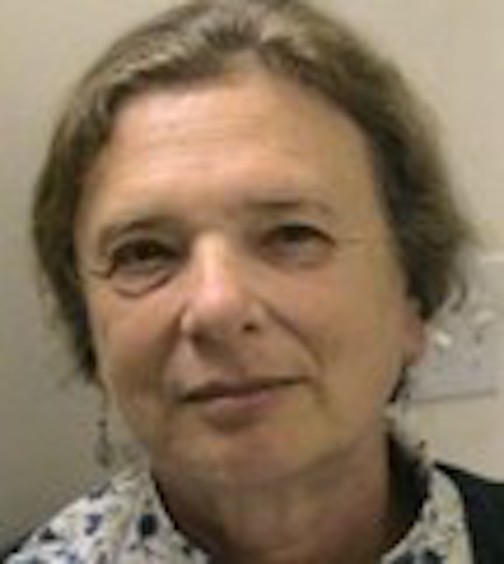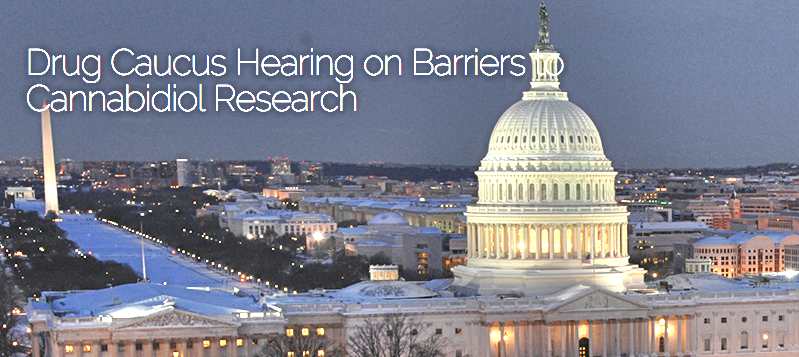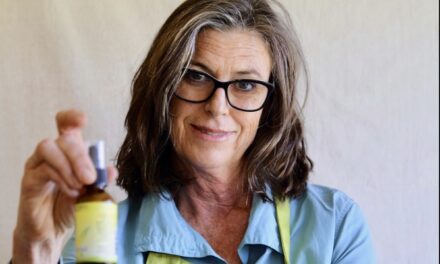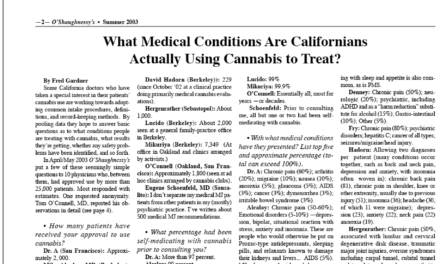In O’Shaughnessy’s Spring 2005
By Fred Gardner
Only one of the six doctors who spoke at the Medical Marijuana Patients Union conference in Fort Bragg Aug. 14* was not well known far and wide for approving cannabis use by patients. “This is my day to come out of the closet,” said Albion psychiatrist Carol Wolman, MD. She was on a panel with Drs. Tod Mikuriya, Philip Denney, Marian Fry, Phil Leveque, and Frank Lucido, who between them have approved cannabis use by more than 30,000 patients.
Wolman, 63, is a graduate of Radcliffe and Harvard Medical School, a board-certified psychiatrist, and a Fellow in the American Psychiatric Association. Here’s what she had to say:
I have never been a vociferous marijuana advocate, and have not before spoken publicly about the trials I have endured as a result of carrying out Prop 215. To make a long story short, in January 2001 I was targeted by the Medical Board for investigation because of a letter written to them by the DEA, alleging that I sold drugs to strangers over the phone. This is untrue, and the allegation was not pursued. The Board felt “obliged” to investigate me anyway, and kept looking until they found something. I am currently on probation.
Identifying myself publicly as a targeted physician is scary. I fear retaliation from the Board. I’m here because I feel a responsibility to Prop 215 patients and to other doctors who have been harassed.
I am basically a trusting soul, and it took me a long time to realize that the motivation behind this investigation is not purely a concern for my competence as a physician. I am extremely self-critical and somewhat masochistic, and easily took on whatever guilt and punishment the Board handed me.
I am also a timid soul, and hesitate to stand up for myself. My attorney, John Etchevers, is experienced in these cases, and told me that no physician ever wins against the Board, and that they turn vindictive toward docs who challenge them. So I went along with their program.
When I met Dr. Mikuriya over the internet, and started sharing stories with him, I realized that my case is part of a pattern of Medical Board hostility toward MDs who uphold Prop 215. It gave me a new perspective. We are all afraid of being labeled paranoid nowadays, but not acknowledging that one is being persecuted is much crazier than a little suspiciousness.
I realized I would feel better about myself and get better results if I accepted that I have been targeted —whether for marijuana, peace activism, or simply because I serve a MediCal population, and the state wants to get rid of MediCal docs. When I was invited to participate in this panel, I knew the time had come to speak out.
I have always considered marijuana to be a safe, efficacious medication with few side effects, short or long term Unlike the pharmaceuticals I am pushed to prescribe in order to meet the “community standard,” cannabis has been around for thousands of years and its effects are well understood. There are no surprises like that with Zyprexa, a widely used medication, which turns out to cause extreme weight gain and diabetes.
An article in the British Medical Journal, June 19, 2004, reports that Bush has plans to screen the whole US population, especially children, for “mental illness,” and treat those with behavioral and/or emotional problems with pharmaceuticals. His administration has recommended Prozac for workers unhappy with their jobs. These drugs are fairly new and have serious, sometimes lethal side effects. Prozac, for instance, is associated with an elevated suicide and homicide rate. Yet marijuana, which many people use to improve impulse control and mitigate anxiety and depression, is illegal, according to the feds.
The “amotivational syndrome” attributed to marijuana is actually due to an enlightened view of the evils of society and an unwillingness to join the rest of the mice on the treadmill.
Unlike alcohol, marijuana is not associated with increased traffic accidents, crimes, or shortened life expectancy. Why is it illegal? The official hostility to marijuana is not only due to its widespread availability and lack of controllability by the drug companies. The establishment considers it dangerous because it is a mind expander. The “amotivational syndrome” attributed to marijuana is actually due to an enlightened view of the evils of society and an unwillingness to join the rest of the mice on the treadmill.
Prop 215 is fairly liberal in its description of what marijuana can be recommended to treat, and I keep within the specifics as much as possible. Many of my psychiatric patients suffer from chronic pain, migraines, anorexia or arthritis, conditions which are mentioned in Prop 215 as indications for cannabis therapy. When it first passed, I gave a number of my patients written recommendations, on my prescription form.
As it became known throughout the community that I was one of the few MDs who was willing to provide this service, I was swamped with calls and visitors. Within a few months, I adopted a strict policy: I would only issue permits to people seeing me on a regular basis.
Some of the requests I received were highly suspicious. An elderly gentleman called from Sacramento. Two bikers stopped by on their way through town. A friend of a friend insisted he was told that I would provide marijuana. I wondered if some of these people were undercover agents; now I am sure they were. I still get such calls occasionally.
Although the whole process of review and sanctions has been extremely painful and expensive, I refused to be intimidated. I continue to make marijuana available to appropriate patients, and am very grateful to Tony Craver and Norm Vroman for their support and enlightened approach to Prop 215. We are fortunate, here in Mendocino county, that law enforcement understands the medicinal properties of the herb.
I especially want to thank Sheriff Craver for his letter of support, along with many of the local docs, pharmacists, and mental health professionals. My family has been wonderful throughout this ordeal, and my faith in Jesus has sustained me.
As a psychiatrist, I find the use of marijuana to be a valuable adjunct to psychotherapy. It promotes introspection and enables people to withstand psychic as well as physical pain, the pain associated with traumatic memories, shame and guilt over wrongdoing, fear of persecution, etc. There it aids in integration of the personality. It also dampens aggression —many of my patients with impulse-control problems reach for a joint when they feel like becoming violent.
If more people in the US used marijuana, we might see through the lies of the politicians, renounce war, acknowledge our collective guilt towards native Americans and indigenous people in other lands, come to grips with the threat of nuclear weapons, global warming, and start being sensible. We might even give up our dependence on oil!
Perhaps this is a pipe dream. Still, there must be some reason why this innocent and useful herb is outlawed, while destructive chemicals like alcohol and nicotine are tolerated, even encouraged. The antidepressants and antipsychotics so widely used these days are psychically castrating. They promote weight gain, reduced sex drive, and complacency with the current state of affairs. Marijuana, on the other hand, promotes insight and a willingness to confront the powers that be. No wonder they are threatened by it!
It is high time I spoke out to defend the right of doctors to recommend medical marijuana without fear of indirect retribution, not covered by court decisions, such as we on this panel have experienced. This herb should be widely available. It is cheap, efficacious for many ills both physical and mental, and has fewer short- and longterm side effects than many pharmaceuticals. There should be a Prop 215 in every state, and every physician should feel free to implement it.
* The all-day conference was held in the auditorium of the Dana Gray elementary school. It was well organized and well attended (about 250 people). In addition to the doctors’ panel there were patients’ and law-enforcement panels. The district attorneys of Mendocino and Humboldt Counties, Norm Vroman and Paul Gallegos, came out for defining the legal limit of how much marijuana a patient or caregiver can grow in terms of area (100 square feet), not plant numbers.
Vroman revealed that Ram Dass (who is recovering from a serious stroke and had taken part in the patients’ panel) was his “guru,” and that over the years he has read and re-read everything Ram Dass has written… Antonia Lamb introduced Sheriff Tony Craver with a song composed in his honor that rhymed “cream of the crops” with “cream of the cops.” Craver joked that Norm Vroman was his guru… Gallegos said it was unusual to be in a crowd where nobody thought he was too lenient.
Phil Leveque, the embattled Oregon doctor who attended the Fort Bragg event, said he was amazed and delighted to be in such a cannabis-friendly milieu. “Never in all my years have I seen anything like this,” said the decorated World War 2 combat vet.





